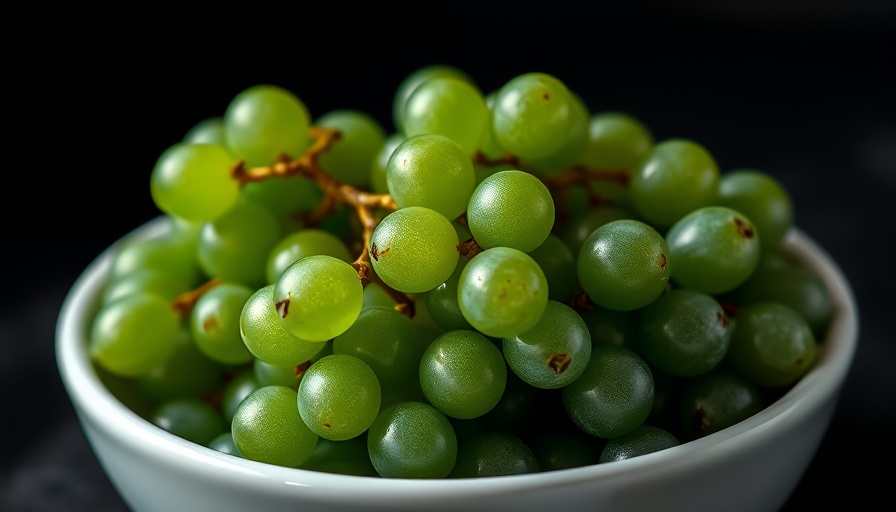
In the ever-evolving world of spa and wellness, sea grapes—also called nama—are emerging as a standout ingredient. Native to the coastal waters of Fiji, this nutrient-rich seaweed is transforming spa treatments with its ability to hydrate, nourish, and restore the skin. More than just a trend, sea grapes are setting a new standard in luxury wellness experiences.
From the South Pacific to Spa Menus Worldwide
Luxury resorts across Fiji, including renowned names like Six Senses and the Marriott, have already incorporated sea grapes into their spa treatments.
These establishments are drawn not only to the effectiveness of nama, but also to its alignment with sustainable, holistic wellness practices. As the global spa industry shifts toward clean, ethical ingredients, sea grapes offer a rich, sensory experience that combines performance with tradition.
A Nutritional Treasure for the Skin
Sea grapes are packed with skin-loving nutrients, including vitamins A, B, and C, as well as omega fatty acids, potassium, and essential minerals. This natural composition supports enhanced hydration, improved elasticity, and a healthy glow.
What sets nama apart from other seaweeds is its higher concentration of ionic mineral salts—an advantage highlighted in research from James Cook University.
These salts play a vital role in repairing the skin barrier, increasing moisture retention, and delivering a more resilient complexion. This makes sea grapes an excellent choice for spa professionals looking to elevate their treatment results with scientifically backed ingredients.
Spa Treatments That Stand Out
Integrating sea grape-based therapies into your spa menu can provide a competitive edge. Treatments such as facial and body thalassotherapies featuring nama focus on deep hydration, detoxification, and skin soothing—all benefits that today’s wellness-conscious clients value highly.
As more consumers seek spa experiences rooted in both tradition and effectiveness, nama presents a powerful way to deliver results while telling a compelling story of purity and purpose.
A Commitment to Ethical Sourcing
Beyond its skincare benefits, nama is also known for its sustainable harvesting practices. Many spas partner with Fijian communities that hand-harvest sea grapes in ways that protect the marine environment and support local economies.
This approach speaks directly to the values of today’s wellness clients, who increasingly expect transparency and social responsibility from the brands they support. Offering nama-based treatments showcases your spa’s dedication to conscious sourcing and cultural respect—an appealing message for the modern spa-goer.
Enhance Client Loyalty with Retail Options
To extend the spa experience beyond the treatment room, many spas are incorporating sea grape retail products such as the Nama Fiji Gel Serum and Nama Fiji Hydrating Face Mask. These at-home skincare options allow clients to maintain results between appointments while adding an additional revenue stream for the business.
Retailing high-performance products tied to a signature treatment not only enhances the client experience but also strengthens brand loyalty and increases overall satisfaction.
Looking Ahead: Nama and the Future of Spa Wellness
The rise of sea grapes signals a larger movement in the spa industry—one focused on sustainability, customization, and high-performance beauty solutions. As spa-goers seek treatments that deliver visible results and align with their values, nama is poised to redefine what luxury skincare means.
Conclusion
Sea grapes offer more than just a new ingredient—they represent a powerful blend of science, sustainability, and sensory appeal.
By adding nama-based treatments to your spa offerings, you position your business at the forefront of ethical innovation while delivering exceptional results to your clients. Now is the ideal time to embrace this ocean-grown superfood and ride the wave of the next big spa breakthrough.
 Add Row
Add Row  Add
Add 




 Add Row
Add Row  Add
Add
Write A Comment